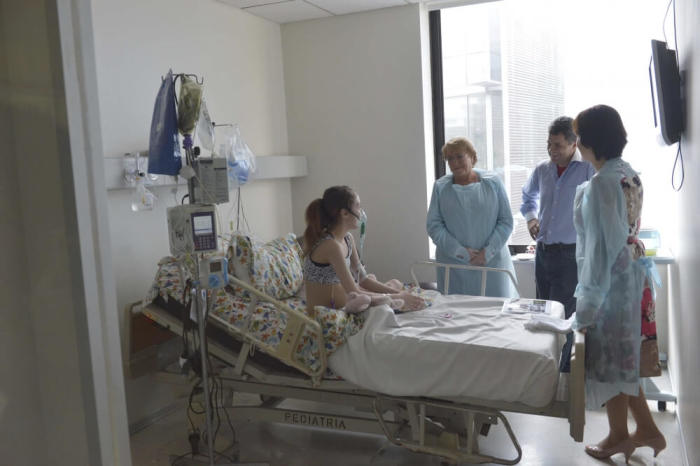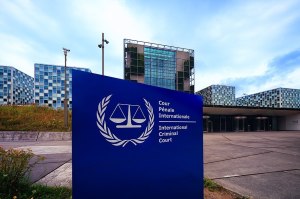Netherlands Clears Doctor of Wrongdoing for Ordering Family to 'Hold Down' Woman in Assisted Suicide

A Dutch government panel has cleared a doctor of wrongdoing for ordering family members to physically restrain a woman she was administering euthanasia drugs to.
The unnamed woman, who was older than 80, was suffering from dementia and had reportedly expressed at an earlier time that "time was right" to have her life ended. But when the physician injected the lethal drugs her body started to resist and she needed the family to hold her down to the bed while she completed the process, the Telegraph reported on Saturday.
Jennifer Popik, director of the Robert Powell Center for Medical Ethics at the National Right to Life Committee in Washington, D.C. said she hopes this ghoulish story wakes people up to the arguments life advocates have been making for years.
"We certainly hope that this kind of example highlights just the kind of dangers of going down this path," Popik said in a phone interview with The Christian Post on Tuesday.
Contrary to conventional wisdom, "people aren't looking for euthanasia because they are in some way suffering or are in pain. That's a huge myth surrounding it," she asserted.
Popik told CP she believes Americans don't realize just how close society is to using the methods of euthanasia coming out of Belgium and the Netherlands.
The thinking that underpins the decision to die by physician assisted suicide is that the sick and suffering are a burden to society, and it is billed as a means of personal autonomy.
Jacob Kohnstamm, chairman of the Regional Review Committee, which oversees euthanasia and reviewed this particular case, said: "I am convinced that the doctor acted in good faith, and we would like to see more clarity on how such cases are handled in the future."
The euthanasia process this time included the doctor putting a soporific drug in the patient's coffee and then injecting her with a lethal dose of drugs. According to the Daily Mail on Friday, the woman had also said in the days leading up to her scheduled assisted suicide that she didn't want to die and the doctor didn't speak to her about the process "because she did not want to cause unnecessary extra distress" and create "further disruptions."
But that "good faith standard," is problematic, Popik explained. "They are using this story to try to broaden immunity for physicians," such that they can never be sued for medical malpractice, she said.
The Dutch Parliament is currently considering revising the Netherland's euthanasia laws to allow anyone older than 75 to have the right to assisted suicide, widening the restriction which limits the practice to the terminally ill.
Central to this expansion, however, is the redefinition of legal terms.
While it was as first carefully controlled, the new definition for "terminally ill" is something along the lines of "someone who without treatment will die within six months," Popik said.
"We now see state-issued reports showing that people who are not terminally ill are receiving lethal medications," she added. "They actually list the underlying condition, when people request the drugs."
"For a long time it was mostly just cancer patients — that was the primary thing. But now we see patients with HIV, with hepatitis, with diabetes receiving lethal prescriptions. And so, that sweeps in insulin-dependent diabetics, alcoholics, all kinds of things that I think people don't realize that these are not actively dying people," Popik said.
Physician-assisted suicide was legalized in the Netherlands 17 years and over 5,500 people have been euthanized since then.
Gert-Jan Segers, a Dutch Parliament member who belongs to the Christian Union Party, has argued against the revisions, saying, "[t]he proposal relies on the myth that this is an individual choice, but relatives, society and care workers are also involved."
His and two other parties continue to oppose the effort to expand euthanasia.





























